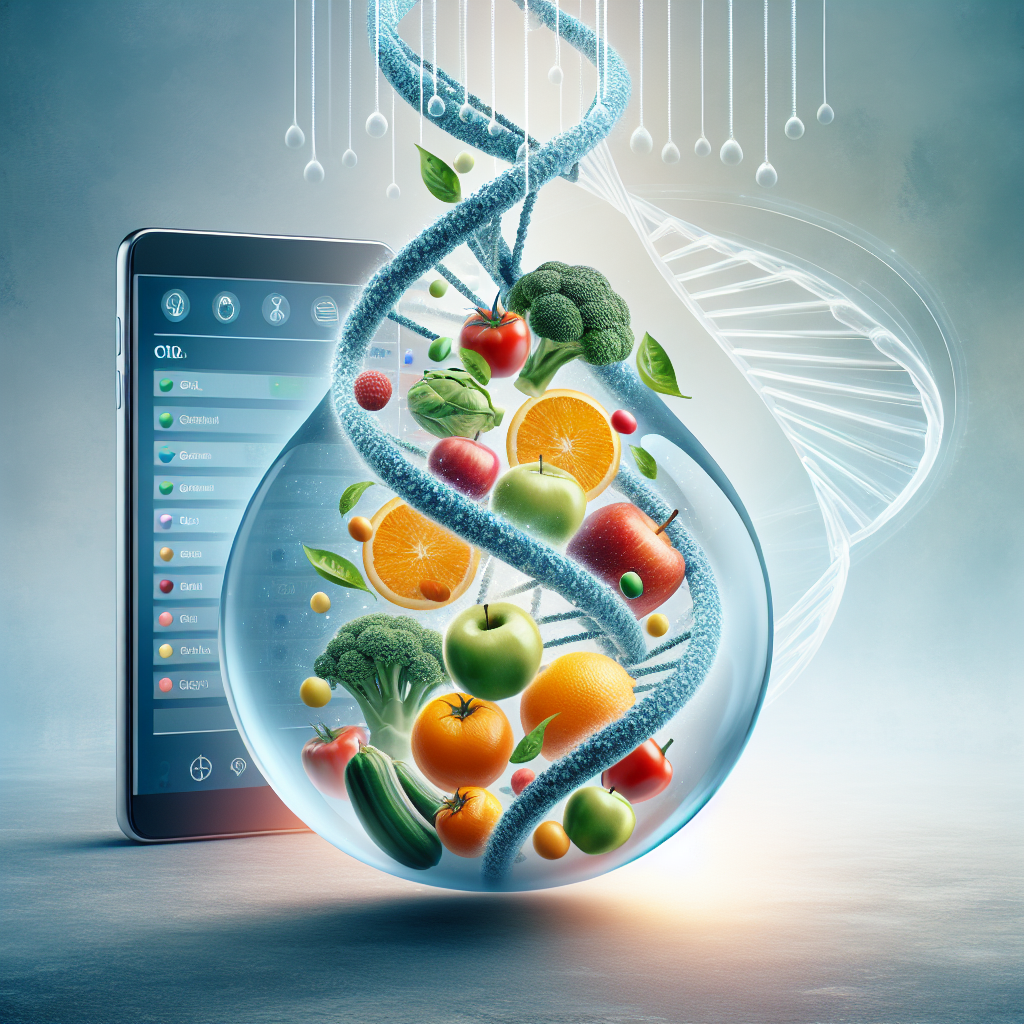### Unveiling The Potential Of Personalized Nutrition: A Revolutionary Approach To Healthcare
The realm of nutrition is no longer limited to the age-old adages of ‘eat your fruits and vegetables’ or ‘drink plenty of water’. The latest trend that’s taking the health and wellness industry by storm is personalized nutrition.
Using the advances in technology and scientific knowledge, we can now tailor dietary advice based upon the individual’s unique genetic makeup, gut microbiome, lifestyle, and food preferences. This is a monumental step forward towards improving our health and preventing chronic diseases.
#### What is Personalized Nutrition?
Personalized nutrition moves away from the traditional ‘one-size-fits-all’ approach to nutrient intake. It utilizes information on individual characteristics to develop specific nutritional advice, products, or services. The two cornerstones of this approach are nutrigenomics and gut microbiome profiling.
**Nutrigenomics** is the study of how our genes and diet interact. Genes can influence our dietary habits, metabolism, and propensity toward illnesses like obesity and diabetes. By understanding these interactions, we can optimize our diet to our genetic profile.
**Gut microbiome profiling** involves mapping the vast ecosystem of bacteria residing in our gut. These bacteria play a crucial role in our digestion, immune function, and overall health. By understanding our unique microbiome, dietary interventions can be adjusted to promote a healthy and diverse bacterial environment.
#### The Role of Technology
With the advent of cutting-edge technological tools, personalized nutrition is more accessible than ever before. DNA testing companies can evaluate your genetic predisposition to specific nutrient deficiencies or intolerances, enabling tailored dietary interventions.
Similarly, gut health companies offer kits to monitor your microbiome’s makeup, helping you keep a check on your internal health and stay ahead of any potential health concerns.
#### The Impact of Personalized Nutrition on Healthcare
Personalized nutrition represents a potent tool to prevent and manage chronic illnesses like obesity, heart disease, diabetes, and cancer. By identifying nutritional predispositions, it can guide tailored dietary interventions that can mitigate risks and manage these conditions.
Meanwhile, for the healthcare system, it suggests an approach that is proactive rather than reactive. Instead of tackling diseases after they occur, personalized nutrition allows for prevention and early detection, which ultimately may lead to cost savings and improved public health outcomes.
#### The Future of Personalized Nutrition
With personalized nutrition still in its infancy, the potential is vast – from individual health improvements to transformative changes in public health policy. As science continues to unlock our understanding of genetics and the gut microbiome, the efficacy of personalized nutrition will only enhance.
While personalized nutrition promises a future of optimized health, one must remember that it does not replace a balanced, diverse diet and regular physical activity. These remain universally beneficial irrespective of genetic makeup or gut microbiome.
Despite the enthusiasm, personalized nutrition is not without challenges. Ethical considerations related to genetic testing, privacy concerns over personal health data, and the need for regulatory scrutiny must be addressed effectively to harness its full potential.
In concluding, personalized nutrition is the bright new frontier in our quest for optimal health. It carries the promise of a healthcare approach that is truly tailored to the individual, fostering a synergy between diet, genetics, and lifestyle that can unlock our full health potential. The future of nutrition is personal, and we stand at the dawn of this exciting new age in healthcare.
—
**References:**
1. “Personalised nutrition: the role of new dietary assessment methods.” The Proceedings of the Nutrition Society, vol. 75, no. 1, 2016, pp. 96-105.
2. “Personalized Nutrition by Prediction of Glycemic Responses.” Cell, vol. 163, no. 5, 2015, pp. 1079-1094.
3. “Ethical issues in nutrigenomics: the future of dietary advice.” Current Opinion in Clinical Nutrition and Metabolic Care, vol. 18, no. 6, 2015, pp. 581-585.


